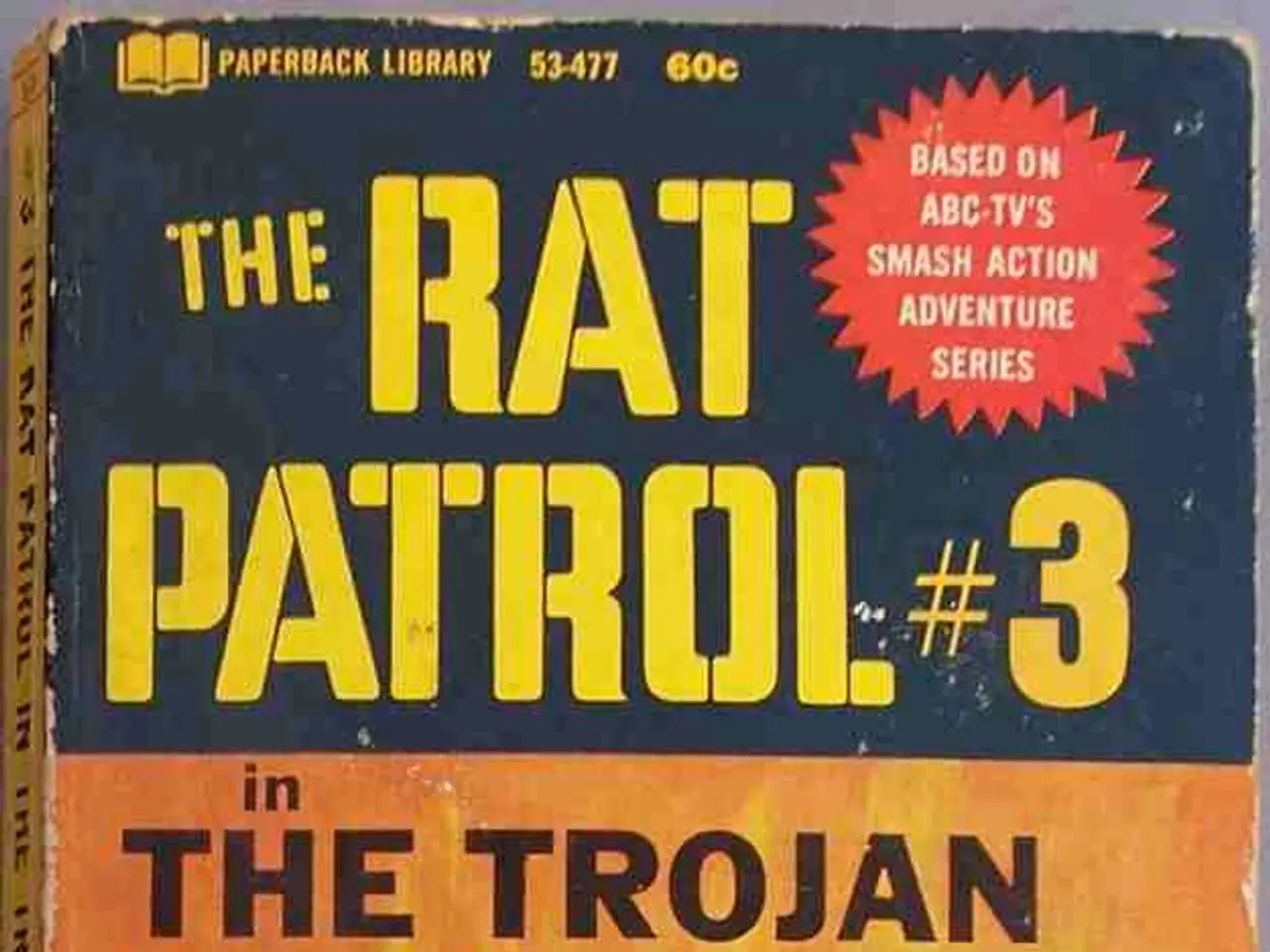Authorities defend the Online Safety Act amidst accusations from X that it imperils freedom of expression online
In the digital age, the line between protecting children from harmful online content and safeguarding free speech has become increasingly blurred. The UK government's Online Safety Act, designed to strike this delicate balance, has sparked a heated debate.
The Act places a new duty on online providers to reduce the risk of users encountering illegal content, such as pornography or material encouraging suicide. However, the government denies that this law compromises free speech, emphasizing its clear and unequivocal duties on platforms to protect freedom of expression [1][2].
Yet, not everyone is convinced. Elon Musk's X (formerly Twitter) has criticized the Act, accusing UK regulators of taking a "heavy-handed approach" in its implementation [1][3][5]. The social media platform argues that without a more balanced, collaborative approach, free speech could be at risk due to what it calls "heavy-handed" censorship motivated by online safety concerns.
The row between Peter Kyle, the Technology Secretary, and Nigel Farage over Reform UK's pledge to scrap the Online Safety Act further fuelled the controversy. Kyle accused Farage of being on the side of "extreme pornographers" in the context of the debate [4].
Many are concerned that the Act, intended to keep children safe, may infringe on the public's right to free expression. The Act does not require platforms to age-gate any content other than those with the most serious risks like pornography or self-harm [1][2]. Age verification measures are in place in the UK to access pornographic content under the Act [1].
Ofcom has launched investigations into 34 pornography sites for new age-check requirements [6]. The Act includes rules to prevent children from accessing harmful content like pornography or material encouraging suicide [1][2].
The debate underscores the need for a balanced approach that enforces protections against genuinely harmful content affecting children without unnecessarily infringing on users' rights to free expression [1][3][5]. This balance requires ongoing dialogue among policymakers, platforms, and civil liberties advocates to refine regulatory frameworks that are effective and proportionate.
-Written by Helen Corbett, a PA Political Correspondent.
[1] BBC News. (2022). Online Safety Bill: What is it and why is it controversial? [online] Available at: https://www.bbc.co.uk/news/technology-55922271
[2] The Guardian. (2022). Online Safety Bill: what is it, who is affected and what are the concerns? [online] Available at: https://www.theguardian.com/technology/2021/apr/21/online-safety-bill-what-is-it-who-is-affected-and-what-are-the-concerns
[3] The Telegraph. (2022). Twitter hits out at UK's Online Safety Bill as 'heavy-handed' [online] Available at: https://www.telegraph.co.uk/technology/2022/02/03/twitter-hits-out-uk-online-safety-bill-heavy-handed/
[4] Sky News. (2022). Nigel Farage accuses Peter Kyle of 'smear tactics' over Online Safety Bill comments [online] Available at: https://news.sky.com/story/nigel-farage-accuses-peter-kyle-of-smear-tactics-over-online-safety-bill-comments-12582983
[5] The Independent. (2022). Twitter criticises UK's Online Safety Bill, warning it could 'stifle free speech' [online] Available at: https://www.independent.co.uk/life-style/gadgets-and-tech/news/twitter-online-safety-bill-uk-b1959974.html
[6] The Guardian. (2022). Ofcom investigates 34 porn sites for new age-check requirements [online] Available at: https://www.theguardian.com/technology/2021/apr/21/ofcom-investigates-34-porn-sites-for-new-age-check-requirements
The UK government's Online Safety Act, a controversial piece of policy-and-legislation designed to balance the need for protecting children from harmful online content and upholding free speech, has sparked a heated debate, with tech magnate Elon Musk's X criticizing it for taking a "heavy-handed approach" in its implementation. This debate highlights the need for a balanced approach in policy-and-legislation that enforces protections against genuinely harmful content while minimizing unnecessary infringements on users' rights to general-news and free expression.








